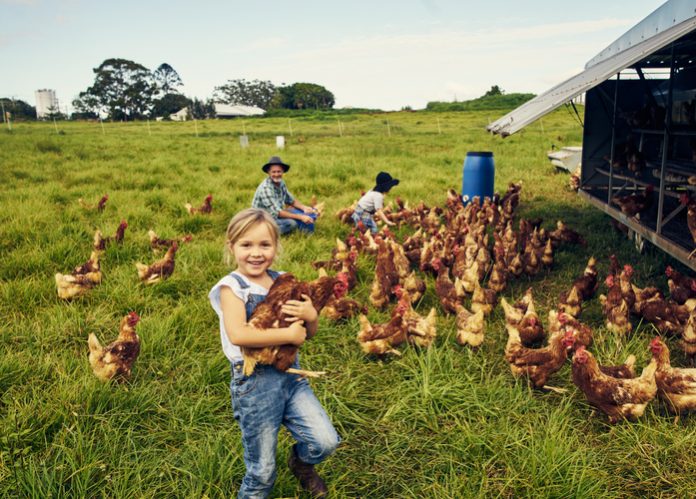The Ministry for Primary Industries (MPI) has renewed funding for two successful programmes training farmers, growers and other rural people to manage pressure and adapt to change.
The Agri-Women’s Development Trust (AWDT) has been allocated $339,000 to expand its popular ‘Know Your Mindset. Do What Matters’ and ‘Our Resilient Farming Business’ programmes.
Know your Mindset. Do what Matters
Our Resilient Farming Business
Piloted across 2020 and 2021, the programmes have already supported more than 300 rural women and men to better manage stress, prioritise wellbeing, and cultivate financial resilience in the face of change.
“Disruptions and supply chain issues caused by the COVID-19 pandemic are one of the many challenges facing farmers, growers and whenua Māori owners,” MPI’s acting director of rural communities and farming support, Andrew Spelman said.
“This training has helped boost people’s ability and confidence to cope, along with strengthening the resilience of their businesses to get through hard times.”
The two programmes are designed specifically for people living and working in rural communities. The funding boost will enable them to be run again over the next year, starting in June. More information and details about how to register are available on the AWDT website.
“The self-awareness and action plans people developed on the programmes improved their wellbeing and connection to others, supported business decisions and communication, and drove positive changes in their lives and businesses,” said AWDT general manager, Lisa Sims.
“MPI’s support will enable our team to work directly with more than 700 people, and our experience has shown that the ripple effect of the new skills and confidence they gain extends far more widely into rural families, businesses and communities.”
The next round of ‘Know Your Mindset. Do What Matters’ programmes start on 7 June and 9 June. Attendees will learn how to manage multiple pressures calmly and clearly, prioritise the wellbeing of themselves, families, farms and communities, and build realistic action plans – big or small.
The two-part online training features a mix of practical psychology lessons, personal stories and facilitated breakout spaces.
Past programme participants reported a range of practical changes in their lives. These included more honest farm succession conversations, better family relationships, and more time for personal wellbeing or improvements to team culture. Ninety-six percent of participants expected to use the tools and training learnt during the programme in their personal life, family, business or community.
One such participant is Wairarapa farmer, Paul Crick, who noted that the programme helped him realise that “there are some things outside of my control, but one thing I can control is being a great employer – so I focus on building trust and understanding everyone’s communication style and pressure points.”
The ‘Our Resilient Farming Business’ programme focuses on building personal and financial resilience. Starting in June 2022, it will be adapted for online delivery in small groups for women and men in farming and growing businesses.
“The support provided by MPI is part of the Government and sector’s Fit for a Better World roadmap. The success of New Zealand’s primary sector hinges on having strong, thriving and sustainable rural communities,” said Mr Spelman.



